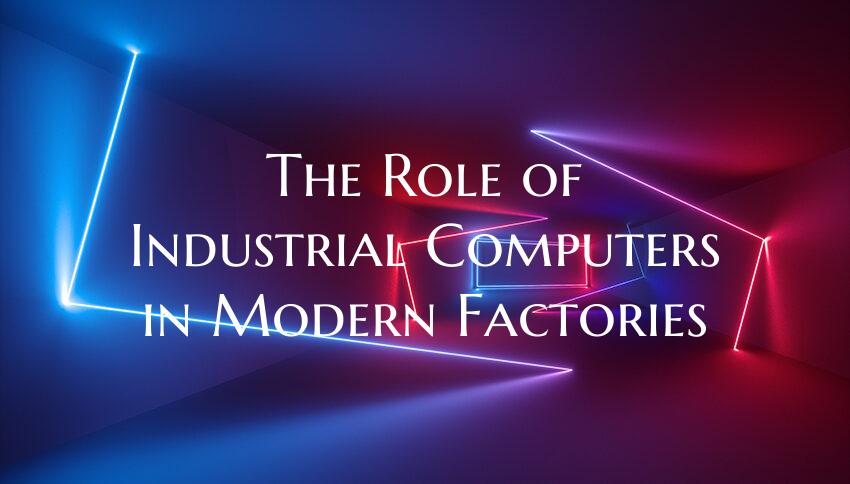The Role of Industrial Computers in Modern Factories
In the dynamic landscape of modern manufacturing, industrial computers play a crucial role in optimizing operations, enhancing efficiency, and enabling the seamless integration of advanced technologies. From managing production processes to monitoring equipment performance, these specialized computing systems have revolutionized the way factories operate. Let's explore the multifaceted role of industrial computers in shaping the future of manufacturing facilities.
1. Automation and Control: Industrial computers serve as the backbone of automation in modern factories. Through the use of programmable logic controllers (PLCs) and industrial-grade computers, manufacturers can automate a wide range of processes, reducing human error, improving accuracy, and increasing productivity. These computers can control various equipment and machinery on the factory floor, orchestrating complex tasks with precision and efficiency.
2. Data Collection and Analysis: In today's data-driven manufacturing environment, industrial computers are instrumental in collecting and analyzing vast amounts of data in real-time. By connecting to sensors, cameras, and other IoT devices, these computers can gather data on production metrics, equipment performance, and quality control parameters. This data is then processed and analyzed to identify trends, optimize workflows, and make informed decisions that drive continuous improvement.
3. Remote Monitoring and Maintenance: Industrial computers enable remote monitoring and maintenance of factory equipment, allowing operators to oversee production processes from anywhere in the world. Through secure connections and advanced software applications, maintenance teams can troubleshoot issues, perform diagnostics, and implement preventive maintenance strategies to minimize downtime and ensure operational efficiency.
4. Integration with Industry 4.0 Technologies: Industrial computers play a pivotal role in the implementation of Industry 4.0 technologies such as artificial intelligence, machine learning, and the Internet of Things (IoT). By leveraging the computing power of industrial-grade systems, factories can create interconnected ecosystems where machines communicate, learn from each other, and adapt in real-time to optimize performance and drive innovation.
5. Enhanced Safety and Security: Industrial computers incorporate robust safety features and cybersecurity protocols to protect critical data, prevent unauthorized access, and ensure operational safety in the factory environment. By implementing secure communication protocols, encryption techniques, and access control mechanisms, manufacturers can safeguard their systems against cyber threats and maintain a secure production environment.
In conclusion, industrial computers are indispensable assets in modern factories, empowering manufacturers to achieve operational excellence, drive innovation, and stay competitive in today's rapidly evolving market. As technology continues to advance, the role of industrial computers will only grow in significance, revolutionizing the way factories operate and shaping the future of manufacturing industry.

